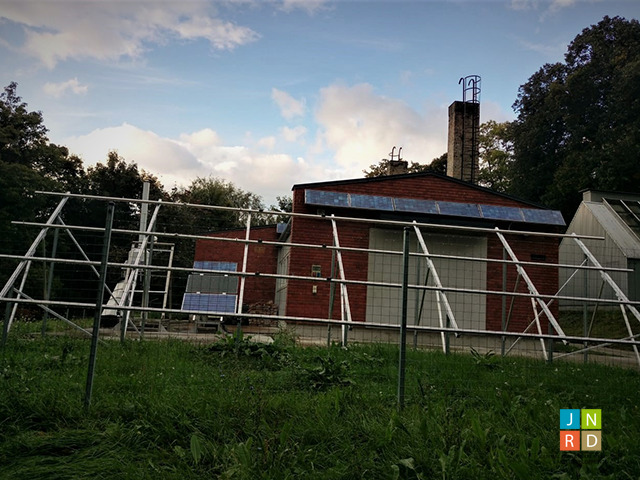Modeling of Photovoltaic Module Using the MATLAB
Main Article Content
Abstract
This paper presents the modeling and simulation of the characteristics and electrical performance of photovoltaic (PV) solar modules. Genetic coding is applied to obtain the optimized values of parameters within the constraint limit using the software MATLAB. A single diode model is proposed, considering the series and shunt resistances, to study the impact of solar irradiance and temperature on the power-voltage (P-V) and current-voltage (I-V) characteristics and predict the output of solar PV modules. The validation of the model under the standard test conditions (STC) and different values of temperature and insolation is performed, as well as an evaluation using experimentally obtained data from outdoor operating PV modules. The obtained results are also subjected to comply with the manufacturer’s data to ensure that the proposed model does not violate the prescribed tolerance range. The range of variation in current and voltage lies in the domain of 8.21 – 8.5 A and 22 – 23 V, respectively; while the predicted solutions for current and voltage vary from 8.28 – 8.68 A and 23.79 – 24.44 V, respectively. The measured experimental power of the PV module estimated to be 148 – 152 W is predicted from the mathematical model and the obtained values of simulated solution are in the domain of 149 – 157 W. The proposed scheme was found to be very effective at determining the influence of input factors on the modules, which is difficult to determine through experimental means.
Article Details
Issue
Section

This work is licensed under a Creative Commons Attribution-NonCommercial-NoDerivatives 4.0 International License.

